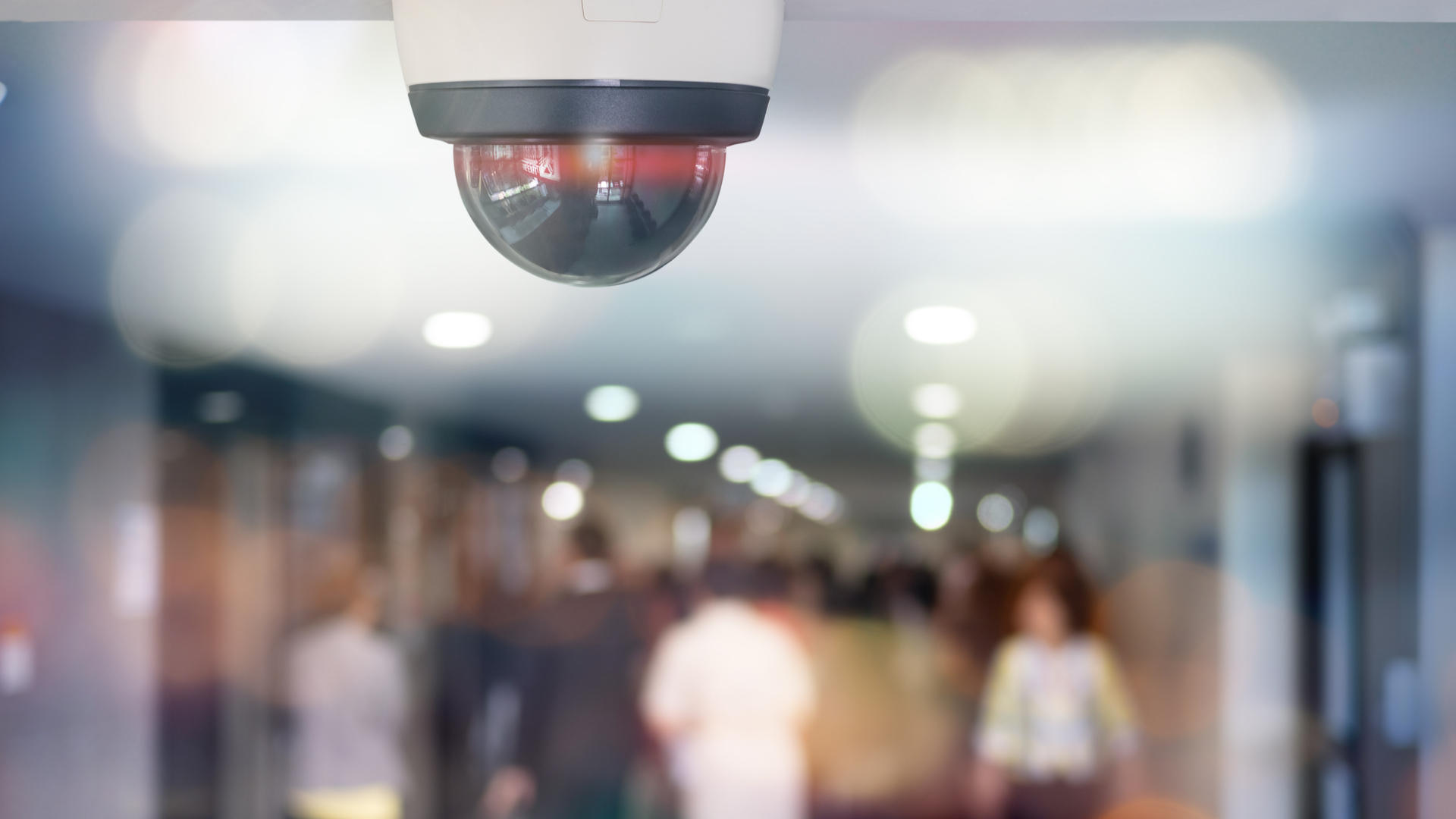Hackers breach security cameras at Cloudflare, Tesla and more
The Verkada attack also saw 'Arson Cats' hackers access cameras in schools, prisons, and hospitals.


Companies including internet security provider Cloudflare and electric vehicle manufacturer Tesla are among victims of a hack that saw attackers breach more than 150,000 security cameras.
The cameras, which belong to California-based security company Verkada, had also been installed in schools, prisons, and hospitals.
Hacking group APT 69420 Arson Cats have claimed responsibility for breaching Verkada’s systems, with one of its members, Android developer Tillie Kottmann, telling Bloomberg that it was “just too much fun not to do it”.
Kottmann also listed “lots of curiosity, fighting for freedom of information and against intellectual property, a huge dose of anti-capitalism, a hint of anarchism” as reasons for the breach.
The hacker told Ars Technica that Verkada had left an unprotected internal development system exposed to the internet. The system reportedly contained credentials for an account with super admin rights to the Verkada network, which the hackers managed to access, thus obtaining insight into 150,000 camera feeds, a portion of which used facial recognition.
Footage obtained by the hackers reportedly includes videos from inside elementary schools, women's health clinics, psychiatric hospitals, prisons, as well as offices belonging to Cloudflare, Tesla, and Verkada itself.
Although the footage is reported to be from different parts of the United States, Verkada also sells its cameras in the UK. IT Pro has contacted the company for comment as to whether any of its UK customers had been affected and will update this article when more information becomes available.
Get the ITPro daily newsletter
Sign up today and you will receive a free copy of our Future Focus 2025 report - the leading guidance on AI, cybersecurity and other IT challenges as per 700+ senior executives
Cloudflare stated that “a handful” of its offices “may have been compromised”. However, the security cameras “were located in offices that have been officially closed for nearly a year” due to the pandemic.
“As soon as we became aware of the compromise, we disabled the cameras and disconnected them from office networks. No customer data or processes have been impacted by this incident,” the company added.
Rick Holland, CISO of London-based cyber security company Digital Shadows, told IT Pro that the incident “is an example of the risks associated with outsourcing services to cloud providers”.
“You don't always get more secure when you outsource your security to a third party,” he said, adding that the breach “is likely to result in regulatory investigations from the Department of Health and Human Services (HHS) for HIPAA/HITECH violations because surveillance footage can be considered protected health information”.
“GDPR violations of personal data could have also occurred, and class action lawsuits could also be on the horizon. The intrusion also highlights the need for internal cybersecurity and physical security teams to be integrated or closely aligned. The lines between these two functional areas are blurred as more and more physical security controls make their way to the cloud,” said Holland.
Having only graduated from City University in 2019, Sabina has already demonstrated her abilities as a keen writer and effective journalist. Currently a content writer for Drapers, Sabina spent a number of years writing for ITPro, specialising in networking and telecommunications, as well as charting the efforts of technology companies to improve their inclusion and diversity strategies, a topic close to her heart.
Sabina has also held a number of editorial roles at Harper's Bazaar, Cube Collective, and HighClouds.
-
 Should AI PCs be part of your next hardware refresh?
Should AI PCs be part of your next hardware refresh?AI PCs are fast becoming a business staple and a surefire way to future-proof your business
By Bobby Hellard
-
 Westcon-Comstor and Vectra AI launch brace of new channel initiatives
Westcon-Comstor and Vectra AI launch brace of new channel initiativesNews Westcon-Comstor and Vectra AI have announced the launch of two new channel growth initiatives focused on the managed security service provider (MSSP) space and AWS Marketplace.
By Daniel Todd